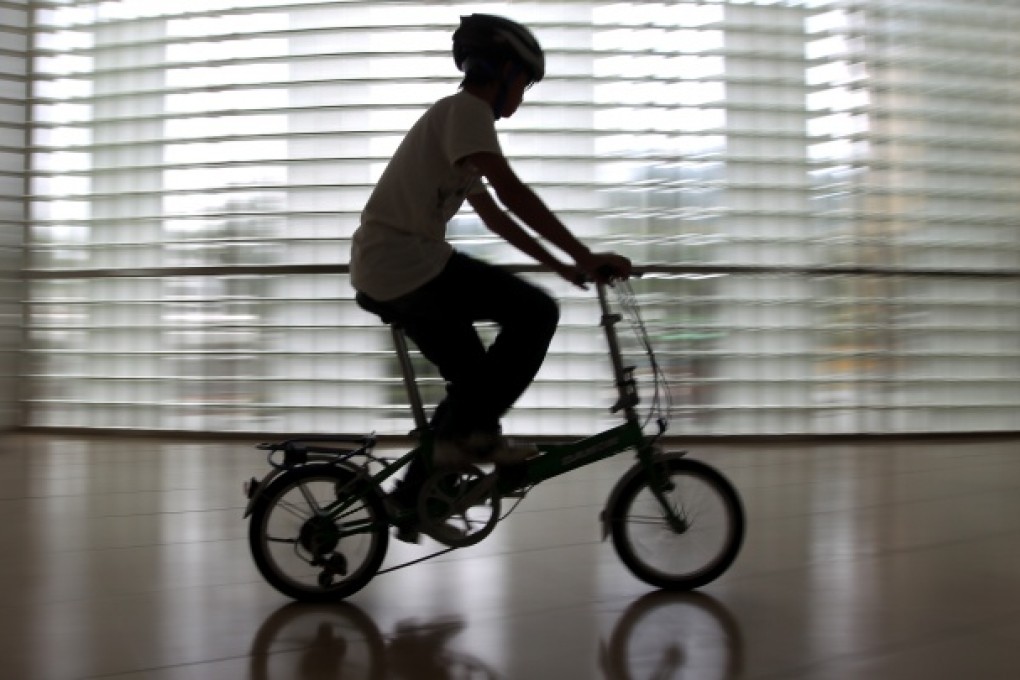My Take | Bicycles part of the transport solution
Hong Kong boasts some of the world's most efficient and cleanest public transport systems. Given how small our city is compared to many major world cities, there is rarely a real need to own a car.

Hong Kong boasts some of the world's most efficient and cleanest public transport systems. Given how small our city is compared to many major world cities, there is rarely a real need to own a car.
Yet our private car fleet passed the 500,000 mark in March. If left to grow unchecked, it will hit 540,000 by 2017. This is despite an increase in the tax imposed on new imported cars in 2011.
For once, this has united environmentalists and transport officials. Our air is bad enough without new cars hitting the road every day and worsening it.
Meanwhile, the Transport Department frets about the rate of car ownership outpacing the availability of roads. If this continues, congestion will only become even more severe as well as more frequent.
According to the department, car ownership per 1,000 people rose by 25 per cent to 63.4 between 2002 and 2012. Some owners have two or more cars registered in their names. However, the length of road per 1,000 only increased by 1.7 per cent.
Why the big jump in car ownership despite record petrol prices and high taxes?
